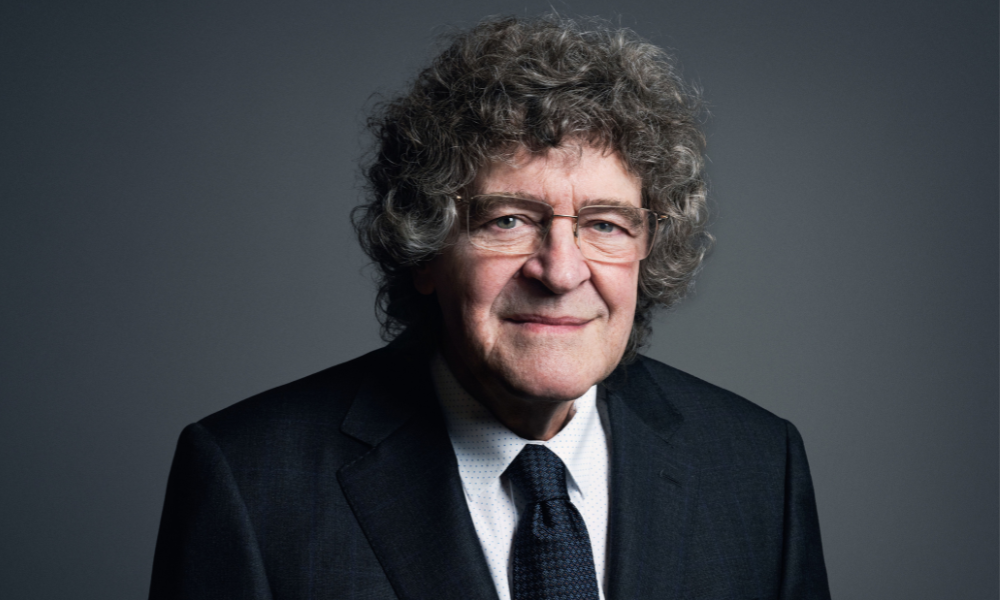
Trial judge and Crown’s actions raised reasonable apprehension of bias and a miscarriage of justice

The Court of Appeal has overturned a man’s second-degree murder conviction and ordered a new trial because, after the jury’s verdict, the trial judge met the Crown prosecutor for drinks and dinner before imposing the sentence. The appeal court found that the judge and prosecutor’s actions raised a reasonable apprehension of bias and a miscarriage of justice.
Counsel for the appellant, James Lockyer, says the appeal court decision is a timely reminder to Crown attorneys, defense lawyers and judges to be vigilant when there is a personal relationship between a party to a case and a judge.
“We have to make full disclosure to the other counsel, and make sure that decisions are made with full knowledge of the facts and avoid the kind of personal contact that occurred in this case.”
In R. v. Cowan, the Court of Appeal found that the Crown did not adequately disclose his relationship with the trial judge and the full extent to which they were friends when he advised defense counsel at the outset of the trial.
At the case’s onset, the Crown disclosed this friendship to the defence when he learned that the trial judge would be presiding. He also raised it on the record after the trial judge’s opening instructions to the jury and defence counsel agreed to proceed before the trial judge.
The Crown and the trial judge, who had been friends since 2012, decided not to appear on the same case after an appeal in 2016. The Crown did not disclose that he attempted to have the case reassigned after learning that the trial judge would preside.
The court wrote that “the Crown was duty-bound to disclose the full extent of his friendship with the trial judge, including their agreement [not to appear on the same case] because the information was relevant to the appellant’s ability to make a full answer and defence to the very serious charge against him. The Crown’s failure to fully inform the defence jeopardized the appellant’s right to a fair trial.”
Citing R. v. Esseghaier, the appeal court wrote that the potential for a biased trial is relevant information that could have assisted Cowan in making a full answer and defence.
“The Crown’s agreement not to appear before the trial judge and his attempts to have the file reassigned indicate a real risk that the appellant was stepping on to a tilted field. The fairness of his trial depended on him knowing this disadvantage. The Crown should have informed him. He failed to do so and lost sight of his responsibility to the administration of justice in the process…. the reasonable apprehension of bias speaks for itself.”
The appellant Andrew Cowan and his best friend, Edward Witt, gambled together at the Windsor Casino on October 20, 2012. Shortly after leaving the casino together, Cowan texted a friend saying he and Ed were considering suicide.
Cowan “purposely drove off the road with Witt as a passenger at 122 and 154 kilometres per hour, ascended a steep embankment, and flew through the air. The truck crashed into the second floor of a nearby building and fell to the ground.” Witt died from his injuries six days later, and Cowan survived but suffered severe brain injuries.
In August 2017, Cowan was tried for first-degree murder before the trial judge, sitting with a jury at the Superior Court of Justice in Windsor. The Crown argued that the appellant was depressed and decided to take his own life and kill Witt at the same time. The defence submitted that Witt died because of a suicide pact that he and Cowan entered that night and that Cowan should therefore be acquitted.
On August 23, 2017, the jury returned a guilty verdict of second-degree murder. However, after the verdict and jury’s sentencing recommendations, the judge and the Crown, friends since 2012, went out for drinks and dinner. Defense counsel was not invited or present.
Drinks with the judge made the Crown articling student who was also present uncomfortable, and the following day, she reported it to her principal. As a result, the Crown was suspended without pay for five days.
On December 12, 2017, the trial judge imposed a life imprisonment sentence with 10 years of parole ineligibility. However, Cowan appealed his conviction because there was reasonable apprehension that the trial judge was biased, which resulted in a miscarriage of justice.
He further submitted that the trial judge misdirected the jury on the “suicide pact” defence and the burden of proof and that the Crown improperly invited the jury to speculate about his motive for killing himself and Witt.
Considering the conclusion on the reasonable apprehension of bias, the court found it unnecessary to consider the other grounds of appeal.